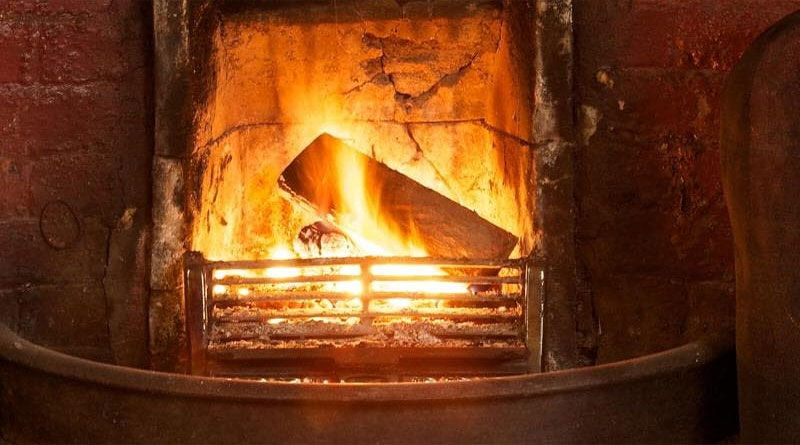Amazing Tips to Grow Your Alternative Heating Systems
With heating oil prices expected to rise yet again, more people look at alternative heating systems and many are quite pleased when they switch to alternative stoves, solar powered systems and biofuel furnaces. Personal savings aside, the ecologic and economic benefits that alternative heating solutions supply is fueling more interest than ever as these systems continue to grow in popularity.
Increasing heating oil and electricity prices are actually providing a platform for another issue to obtain more public interest that is environmental awareness. In September of 2006, NASA estimated that the ozone hole had reached its largest ever size at 10.6 million square miles. The single largest contributor of greenhouse gas emissions from humans is the burning of fossil fuels for energy purposes. Alternative heating solutions provide a means to reduce those greenhouse gas emissions as more people choose to install alternative heating in their homes. Solar systems and underfloor heating, which can be incorporated into the same home, produce absolutely no dangerous emissions. Corn and pellet stoves stoves burn very clean as well. Even a mixture of regular heating oil and biofuel can significantly reduce carbon dioxide and sulfur emissions.
Not only does the environment benefit from an increase in alternative heating use, but domestic companies and farmers stand to profit as well. Wood, corn and pellet stoves have become so popular that some models have waiting lists that form in the fall. Because many of the stoves can burn either corn or wood or a mixture of the two, people can choose whatever fuel is affordable and available. Corn is still the cheapest fuel and buying corn from area farmers puts money right back into the local economy. Towns with new ethanol plants can attest to the bolster that these factories can bring by creating new jobs and by processing domestic product (soybeans) instead of foreign oil. Such practices only increase self-reliance for heating and energy production.
Even more striking than the purported benefits of alternative heating systems is the public reception and continued interest seen. Though change in any area can be difficult, people love their new heating methods. In most cases, a household goes from a costly conventional heating system where they have always set a barely tolerable temperature to conserve on heating bills to a system where they can raise the in-home temperature to a very comfortable level and still see monthly savings. Many realize that each home, each individual can choose to be proactive about finding healthier more cost effective heating solutions and are becoming empowered to do just that.
There is very little not to like about becoming more self-reliant, creating economic growth through new jobs and becoming less harmful to the Earth. Alternative heating systems seem to outperform conventional systems in all of these categories. With such advantages, the continued growth and popularity of alternative heating systems is quite promising.

